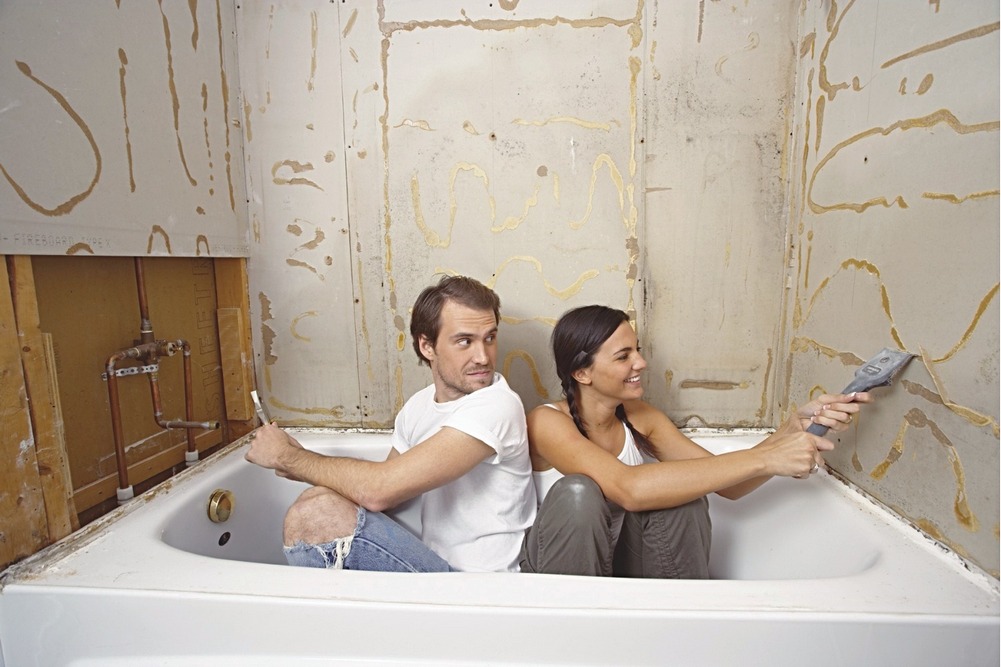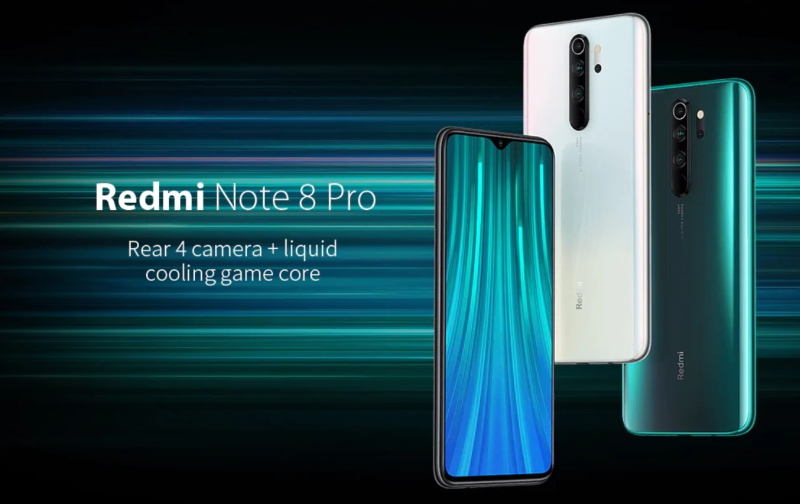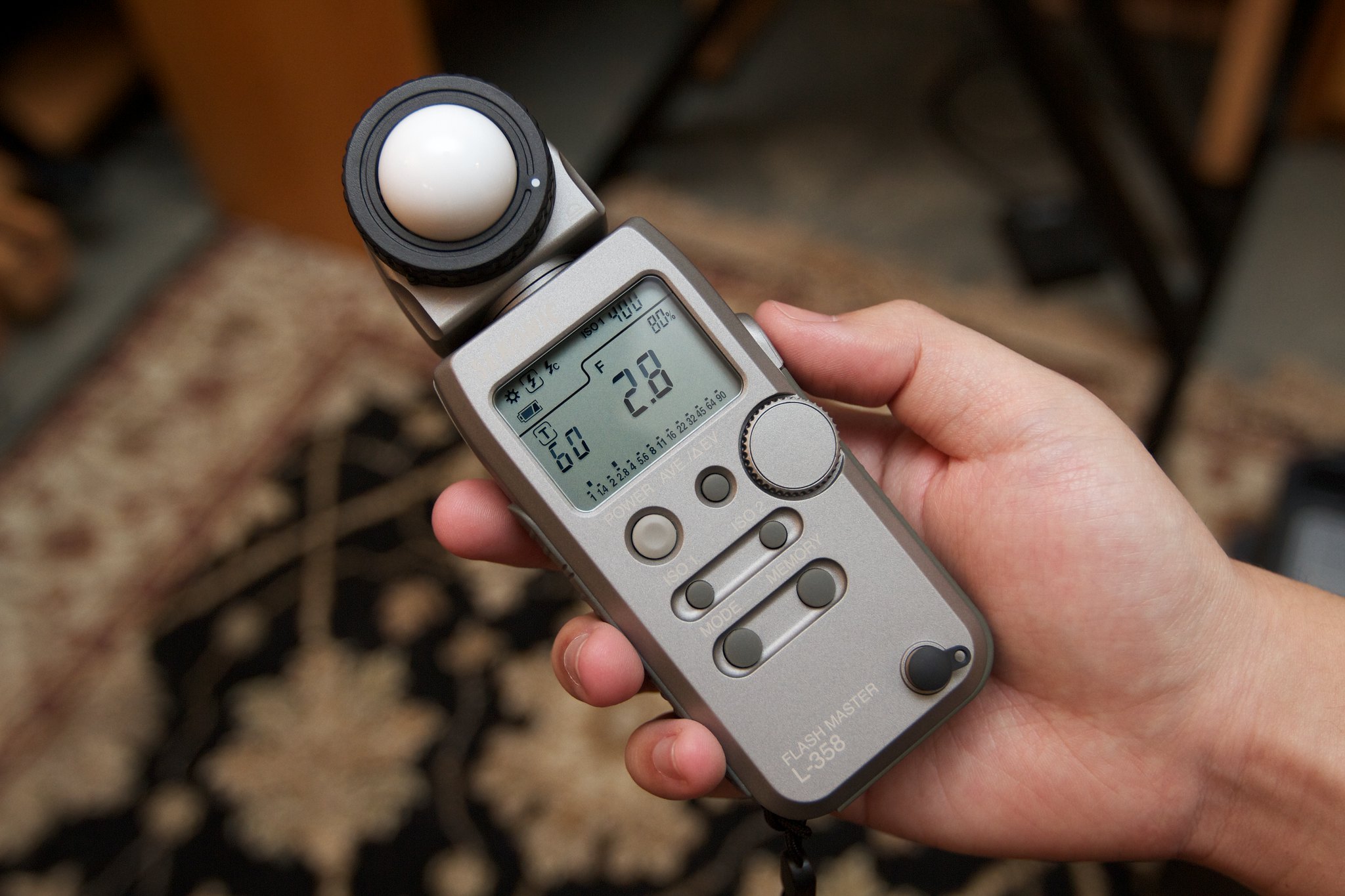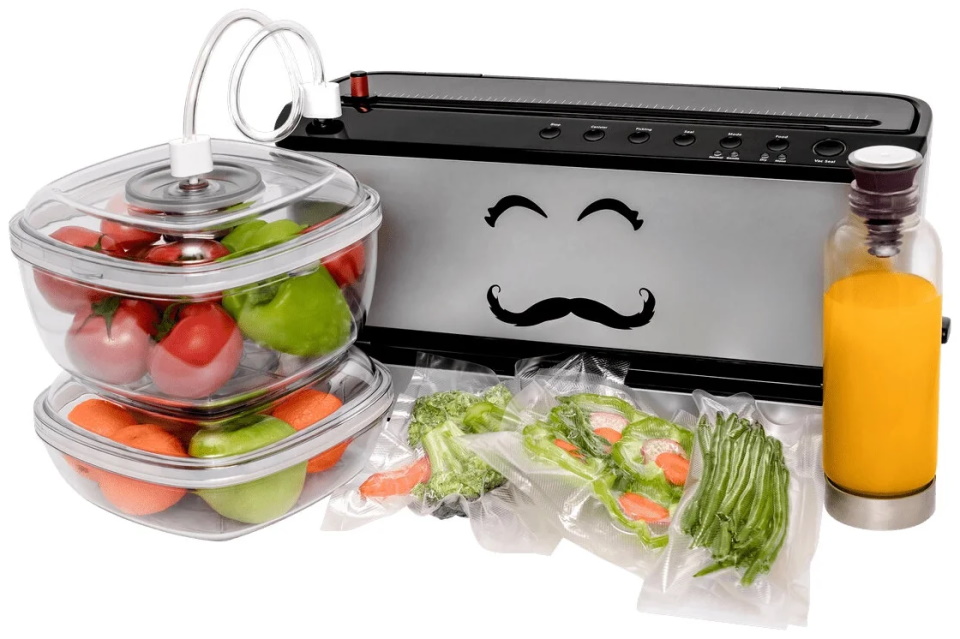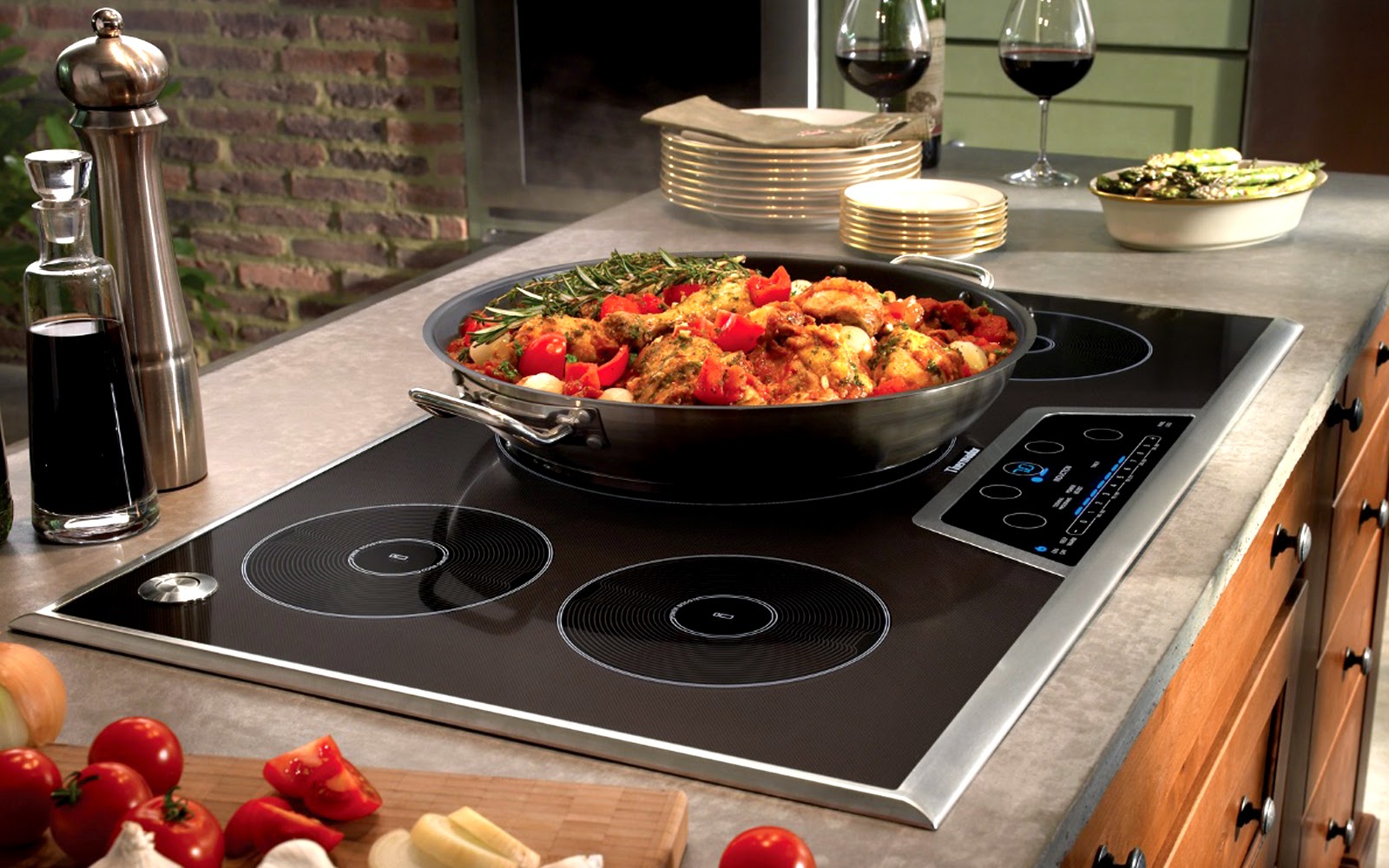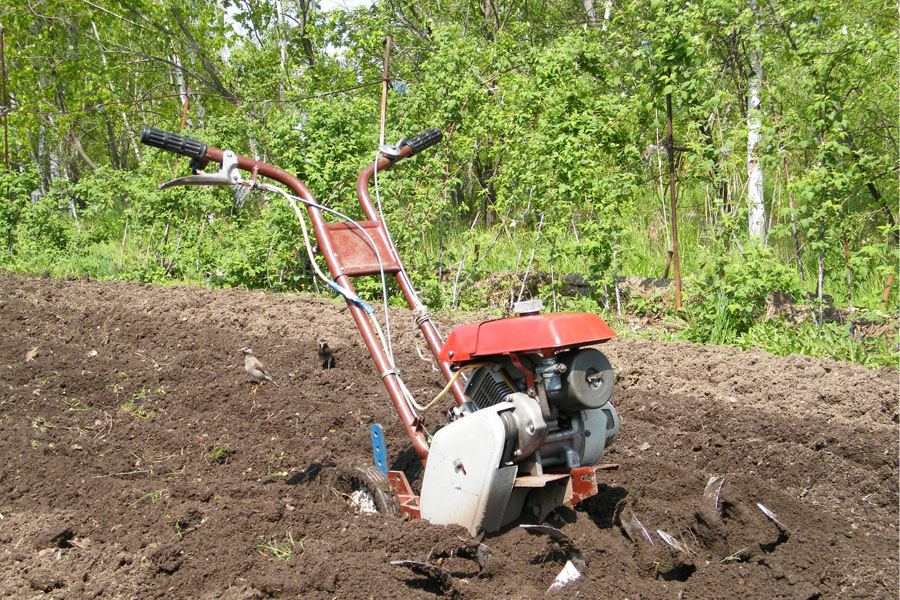Ranking of the best pool water heaters for 2025
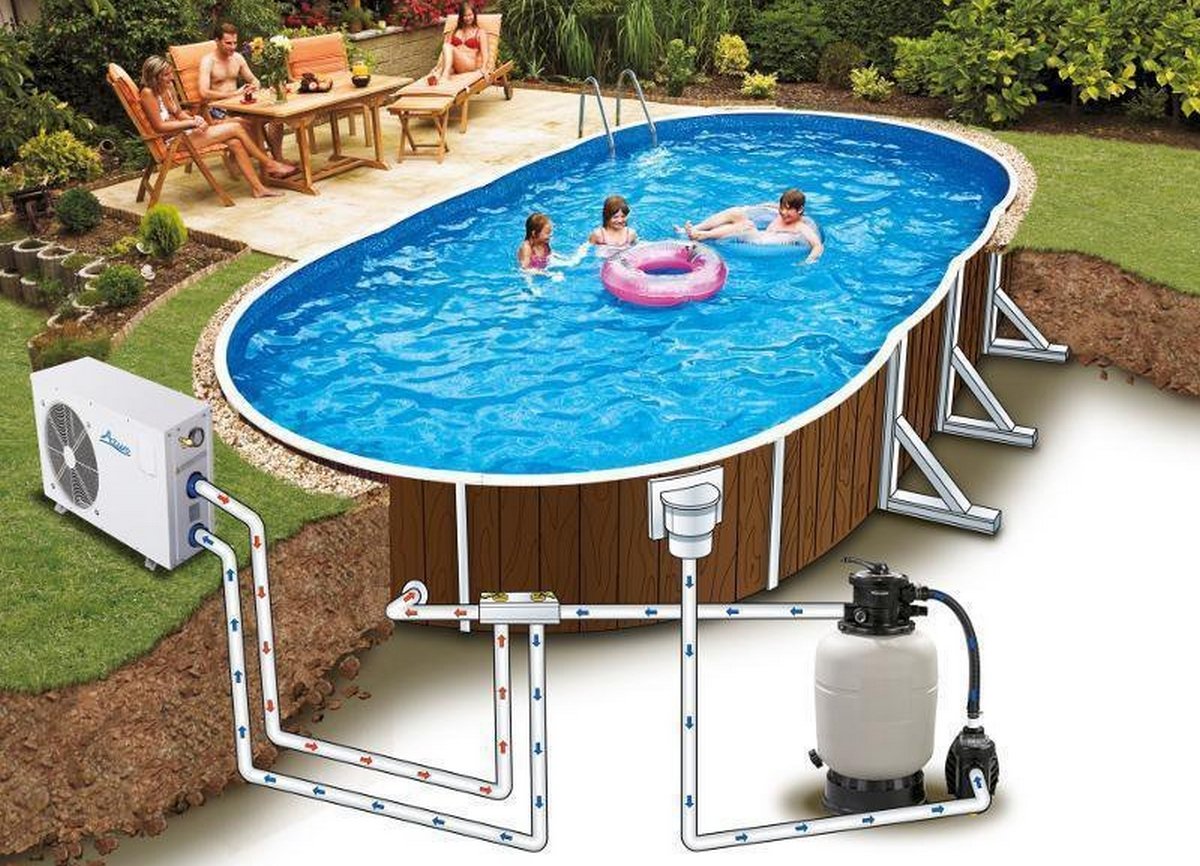
The presence of heated water in the pool is considered a prerequisite for the operation of this hydraulic facility. A safe temperature for human health should be at least +22 degrees Celsius. And for young children, this figure is more stringent and should be at least +30 degrees Celsius. Of course, these standards are set on the basis that a person is going to stay in the water for a long time. If water procedures do not exceed ten minutes, then bathing will become relatively safe even at lower temperatures.
However, practice shows that most people prefer more comfortable bathing conditions. Therefore, the question of heating the water in the pool is as acute as possible. It is not so easy to achieve the proper temperature regime, because the bowl of even an average floating hydraulic structure is quite large, and the water itself has excellent thermal conductivity, which means that the liquid is heated for a long time when it cools quickly.Water heating itself is an energy-intensive process and is associated with high financial costs. Thus, the issue of economy is also significant. Today, there are several ways to heat water, each of which has its pros and cons.

Content [Hide]
Existing types of pool heaters
Conventionally, they can be divided into four types:
- solar models;
- Electrical Models;
- Heat transfer models;
- Thermal pumps.
It is necessary to decide on the heating system at the stage of designing a hydraulic facility, when it is possible to take into account many small nuances. The result will be a heating system with maximum efficiency. Nevertheless, it is possible to equip an artificial reservoir with a heating system after the construction is completed (as well as changing the type of this system). Naturally, it is much more difficult to fully re-equip the entire facility for a new heating system than to set it up at the construction stage, but this issue will not be difficult for an experienced specialist.Therefore, it makes sense for many pool owners to reconsider the benefits of using the old system in light of the emergence of new designs.
In order to determine the preferred option, it is necessary to carefully study all the pros and cons of the future heater. Here the main criteria will be:
- The volume of the pool bowl;
- General condition of the hydrocommunication network;
- Location of the object (indoors or outdoors).
Heat exchangers
This technology uses the method of power supply from home heating. Functioning takes place on the same principle as that of a standard heating battery. The heat exchanger is a stainless steel flask with a coil located in it, inside which hot water flows. From this it can be seen that for its operation a circular pump is required, capable of providing hot water from the central heating system. The more intensively the circulation pump works, the better the heating will occur. The setting of the heating power parameters is controlled by the heat exchanger thermostat. The heating itself can occur not only from the central heating system, but also from solid fuel or gas boilers. In the first case, it is possible to carry out heating even with wood and coal.
Models of heat exchangers differ from each other in their power. There are devices whose power varies from 13 kW to 120 kW. The choice of device will depend on the capacity of the bowl. The more liquid you need to warm up, the more powerful the device will need. A device with low power is not able to cope with large volumes.
The calculation of the heat exchanger is based on the following indicators:
- The volume of the pool bowl;
- The average temperature of the liquid in the coil;
- The throughput of the coil itself (usually indicated in the instructions / product data sheet).
IMPORTANT! Applied formula: 1 cubic meter of water = 1 kW of consumed thermal energy of the device, which will warm it up by 1 degree Celsius in an hour and a half.
The instructions for the apparatus should provide the proper form for calculating the rate of heating of the liquid, which this particular device is capable of providing. The user only needs to substitute the water temperature indicator in the communication and the bowl capacity indicator, respectively, the result will be the amount of time that will have to be spent on heating.
The heat exchangers have an integrated closed filter system. It is always located in front of the chlorination device. The bottom line is that when a chlorinating element passes through, a considerable concentration of chlorine comes out, which has a more aggressive effect on the device itself than it would have been mounted in a common circuit before it. Also, the heat exchanger should be placed after the filtration and purification system. If the pool water receives an excess of chlorine, then it is preferable to use a heat exchange model made of titanium or plastic. Such models can better withstand the negative effects of chlorine. The same principle applies to objects with mineral (salt) water - it also negatively affects the heating device. Upon completion of the installation, the initial heating of the water is carried out approximately within 24 hours. Such a long period is due to the fact that the heat exchanger can heat the entire volume of water to the proper temperature. After reaching the maximum performance, the device can be used in nominal mode.
In order to achieve the correct functioning of heat exchangers, it is better to entrust its selection, installation and configuration to professionals. Any inaccuracy in the calculations or illiterate installation can cause most of the difficulties with heating.
Heat exchangers have a number of advantages that make them particularly advantageous devices. First of all, the cost of heating with a heat exchanger is much cheaper when compared with an electric heater. The devices have a large capacity, which is why they can warm up large volumes. The device itself is easy to set up and is able to automatically maintain the set temperature on a permanent basis. If the pool is used quite often, then this property will definitely help to recoup the financial costs, because it is easier to maintain the set temperature than to heat the water every time again.
The advantages of the described equipment undoubtedly include:
- Reducing heating costs;
- Large capacity of the device;
- Ease of temperature control.
The disadvantages include:
- The need to connect to central heating or the use of heating boilers.
Flow electric heaters
This type of equipment is characterized by ease of installation and simple operation. Its principle of operation is similar to that used in boilers and electric kettles. The heating element is in direct contact with water and gives off heat to it, which releases it. It must be remembered that instantaneous electric heaters function only with a passing flow of cold water supply, otherwise (when the cold flow stops), the protective automation is activated - the water flow relay.
Heating elements are made of various alloys based on stainless steel and such material must withstand most of the negative influences. A destructive effect on this element can be exerted directly by water and the chemicals it contains - chlorine and salts. The heating element must also withstand the elevated temperatures to which it is able to heat up. The case of the device can be made of both plastic and metal.
Reinforced plastic (polypropylene) and stainless steel are especially popular for the execution of the body of electric heaters. Both types of material can withstand negative liquid environments. However, in some cases it is better to choose a model in a plastic case. Although this material is less durable (weakly protects against mechanical shocks), it is not at all afraid of corrosion. It should be noted that the risks of mechanical destruction are small, so it is not necessary to attach great importance to the security factor of devices in a metal case.
Plastic cases have one important advantage - their price is significantly lower than that of stainless steel. For this reason, most buyers prefer plastic models. The functional efficiency of the device does not particularly depend on the material of the case. Installation does not take too much time, and it can be carried out even in confined spaces.
It is always worth remembering that electric heaters do not work very well with large volumes of water. The capacity limit of the bowl for the outdoor pool, for which it is possible to adapt the described device, should not exceed 45 cubic meters. For closed hydraulic structures, this figure is slightly higher - 65 cubic meters. The maximum power of the electrical appliance is 18 kW.It is these models that cope with the maintenance of outdoor pools of 45 cubic meters. Thus, for efficient heating of 5 cubic meters of liquid, 2 kW of electricity is consumed. But if the object is located indoors, then the efficiency of energy consumption increases by about a third, hence the limiting volume of 65 cubic meters.
The formulas for calculating are:
- Outdoor construction - the volume of the bowl is multiplied by a factor of 0.4 = the number of kW at which the device will heat the water by 1 degree for 3-4 hours;
- Internal structure (room temperature) - the volume of the bowl is multiplied by a factor of 0.3 = the number of kW at which the device will heat the water by 1 degree for 3-4 hours.
From this it is clear that the devices in question are suitable for relatively small pools. Practice shows that they are most often used for structures whose bowl volume is significantly less than 45 cubic meters - there they work as an additional source of heating. The bottom line is that electric heating itself is quite expensive, so for large objects it is preferable to use other sources. In addition, the use of electrical appliances is not always permissible due to restrictions on the possibilities of electrical wiring and the power of the power grid itself. This factor can be decisive for large country cottages. Nevertheless, a convenient control system will help you quickly change the target values, so that it is possible to maintain the temperature at a given level. And if the water starts to cool, the device will turn on by itself.
In general, the advantages of electric heaters can be called:
- Small dimensions of devices;
- Convenient temperature control
- Existence of system of automatic maintenance of certain temperatures.
Significant disadvantages include:
- Poor compatibility with large volume pools;
- Increased energy consumption;
- It is impossible to work in houses with poor electrical wiring and power outages.
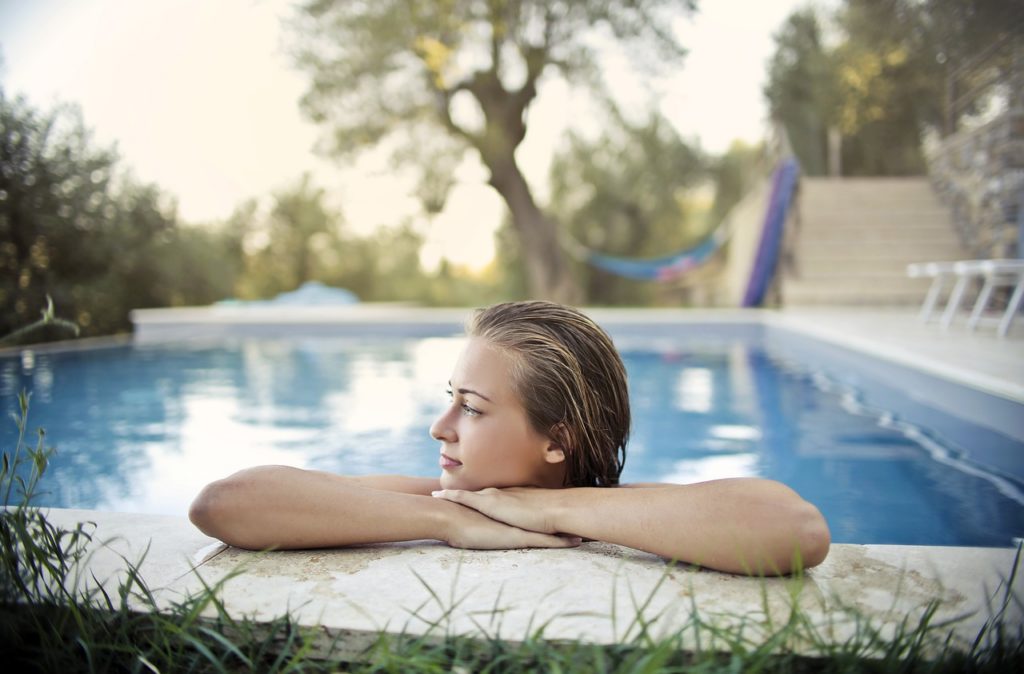
Solar heaters
All of the above devices require too much energy. Solar models can keep these costs to a minimum. The principle of operation of the device is based on the use of solar energy, so more expenses are not expected. Almost all the energy you need comes from the sun's rays. Moreover, this method is highly environmentally friendly.
The device works elementarily. The sunbeam is captured by a special canvas panel, which has a dark color, because. It is these colors that are able to absorb more ultraviolet radiation. Water from the pool flows through this panel, as a result of which it heats up, and it returns warm to the tank. By means of such a system, it is possible to heat the required volume of water even in not the most sunny weather. The supply and return of water is carried out by means of a pump, hence it is clear that the device is not completely independent of traditional energy sources. Although, in principle, it is possible to power the pump from a solar battery.
The devices under consideration have a lot of significant advantages, but they cannot displace devices with other principles of functioning due to a significant minus. Devices are designed for full-fledged work only in relatively sunny weather. In autumn or winter, it is simply impossible to achieve the effect of such a device, therefore, this type of heater is not used during these periods. Moreover, their use even in the warm season is justified only in temperate latitudes (the location near the equator would be ideal).
This equipment is far from cheap and its downtime in the cold season will be 100% forced and unjustified. At the same time, in summer weather, such a device will significantly reduce the cost of heating water.
From here it is possible to highlight the following advantages of the device:
- The almost complete absence of financial costs for heating water;
- Full efficiency in the warm season;
The disadvantages include:
- Cloudy weather will lead to a decrease in efficiency;
- The system is effective only in certain time seasons.
Thermal pumps
This equipment operates on the principle of temperature difference. With the help of a multi-stage temperature transfer system from hotter to colder media, heat is accumulated and accumulated in a specified place. The system is based on the permanent circulation of the heat carrier. Groundwater and groundwater located at a depth, as a rule, are a couple of degrees warmer than closer to the surface. The circulating heat carrier collects it and directs it to the heat exchanger where it is accumulated. Due to such a heat exchange system, it is possible not only to heat the water in the hydraulic structure, but also to heat large rooms during the cold period.
Energy costs will apply only to the operation of the pump for circulation. It should be noted that the costs of the pumping functionality are quite significant, because it is obliged to ensure the circulation of the heat carrier on a permanent basis at great depths. The communication system in which the coolant circulates usually differs in scale. However, the cost of operating the pump will more than pay off by saving fuel or electrical energy consumption. A significant drawback of such a device can be called its extremely high price, moreover, the cost of installing the system will not pay off so quickly. However, heat pumps can significantly reduce the fixed costs of heating pool water.
The undoubted advantages of the device include:
- Low operating costs;
- Very fast water heating process;
- A special degree of environmental friendliness.
Of the minuses, only a single detail can be distinguished:
- The high cost of the device itself and its installation
Difficulties of choice

Before buying any type of water heater for the pool, you need to decide on the following necessary characteristics:
- Power - it will depend on the volume of the hydraulic facility, i.e. from the water mass that will need to be heated. The power of the device is fully reflected in the rate of water heating. Thus, for large volumes, a powerful device is required, and often the option of an electric heater is not suitable for this;
- Heating method - if it is supposed to heat the water in a private or country house, then the flow model will be the best choice. Its advantage will be its small size, so it is possible to mount it even in a small area. Most flow systems operate in cycles;
- Type of energy source - here a big role is given to which source is more accessible for a particular region. Also, it is worth calculating the possible costs of paying for energy from this source. Naturally, the cheapest source is solar energy, but it is not available in all regions, and the cost of the device is quite high. Of course, heat exchangers are more common in this regard.
Ranking of the best pool water heaters for 2025
Budget segment
3rd place: "Solar Mat 28685"
votes 3
The simplest option for a small inflatable pool. It can also be used for frame hydraulic structures. Works on the principle of accumulation of solar rays. The kit includes: a corrugated hose, an adapter for connection based on a threaded connection, a set of clamps. In sunny weather, it does an excellent job of quickly heating 8.5 cubic meters of water. The recommended cost for retail chains is 1950 rubles.

- Light weight;
- Easy installation;
- Able to warm even extremely cold well water.
- Narrow specialization.
2nd place: TeploMax-100
votes 0
Another representative for heating water in small-capacity frame-inflatable mobile pools. It works due to the electric motor, the work of which is aimed exclusively at pumping the water mass, which does not affect the main work. Able to warm a small amount of water by 10-15 degrees in a relatively short time. The required voltage from the electrical network is 220 volts. The recommended cost for retail chains is 2400 rubles.

- Relatively fast heating for small volumes;
- Energy saving;
- Light weight.
- fragility.
1st place: "Bestway (58423)"
votes 0
A worthy representative of the class of economical and environmentally friendly water heaters. Very easy to install and easy to connect to any filter pump. Able to heat small volumes of water by 3-5 degrees per hour.It is possible to expand the functionality for heating large volumes, which will require the purchase of additional panels and combining them into a single system. Works in conjunction with a filter pump. The principle of operation is based on the accumulation of sunlight that passes through serpentine tubes, transferring heat to the water supplied to the pool. The established cost for retail chains is 3,300 rubles.

- Ability to complement the overall system to serve large volumes;
- Easy operation and environmental friendliness;
- Sufficiently high level of heating.
- Not detected.
Middle price segment
3rd place: "Intex for pools up to 457cm, D1, 25 28684"
votes 0
This heater provides a flow-type type of supply of heated water to the bowl of a hydraulic structure. The case is made of high-quality plastic, which will ensure a long service life. In order to accelerate the heating of the liquid, the device can be covered with an insulated blanket. The whole product is 3.64 kilograms, 2 adapters are included. The country of origin is China. The established price for store chains is 6,700 rubles.
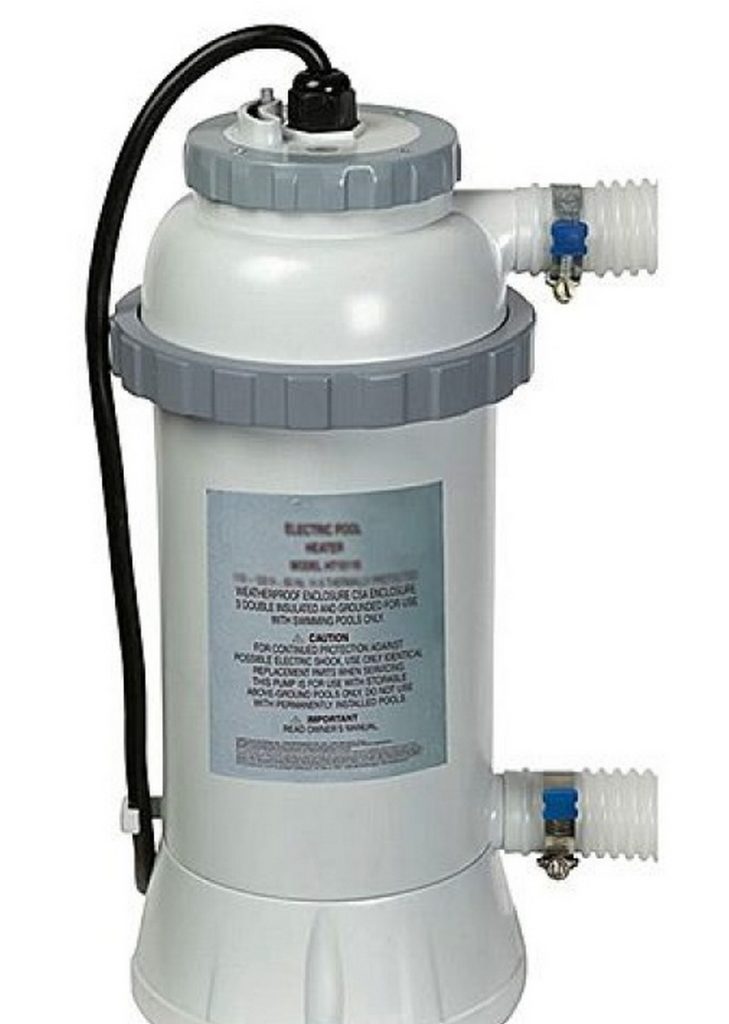
- Compact dimensions;
- The accelerated heating of water;
- Good equipment.
- Small volume of pumped liquid.
2nd place: "Bestway for swimming pools art. 58259"
votes 0
A good option for small volumes, powered by a 220 volt power grid. The heated volume can reach from 1520 to 17035 liters. During operation, an increase in water heating is achieved in the limits from 0.5 to 1.5 degrees, which, of course, depends on the heated volume.The installed filter is able to withstand a throughput of 3785 liters per hour. The model is characterized by simple control of control elements. The recommended cost for retail chains is 10,000 rubles.

- Sufficient speed of warming up;
- Good throughput;
- A quality filter.
- Not detected.
1st place: "S-Fenix-A"
votes 1
This water heater works on the basis of solid fuel, which is the best way to heat water in a country cottage. The model is able to carry out heating in the shortest possible time. In the production, only high-quality materials are used, using an innovative design method and increasing the thickness of the metal, with an accurate calculation of all design parameters. The use of solid fuel materials makes it possible to obtain maximum efficiency at a level of 15-30 times, which qualitatively distinguishes the model from electric heating counterparts. According to the manufacturer's statements (which coincide with most user reviews), all performance is high. The recommended cost for chains in the retail segment is 11,000 rubles.

- Small dimensions;
- Ease of integration (including as a replacement);
- Adequate cost.
- Use of solid fuel.
Premium class
2nd place: "Elecro Flowline 2 Titan 6kW 220V"
votes 0
This device is a representative of a new generation of electric heaters. The design uses spiral-shaped heating elements made of titanium, which are capable of creating funnel-shaped trajectories of liquid flows, which eliminates the risk of scale.These heaters are very easy to install and will perfectly cope with the heating of large volumes. Perfectly copes with the negative effects of salt, mineral and sea water. They are of high build quality. The established cost for retail chains is 16,400 rubles.

- The flow of water is carried out through titanium elements;
- Sufficient power;
- Comes with 2 adapters.
- Overcharge.
1st place: "S-Fenix45-Max1"
votes 0
This solid fuel heater is the best device for heating water in swimming pools located in private areas. It does not play a special role whether the hydraulic structure is located indoors or outdoors. Heating is carried out in the shortest possible time. The construction uses only high-quality materials, in particular titanium. Accurate calculation of parameters allows you to get the maximum effective efficiency. At the same time, the price of this device is absolutely correlated in terms of "price-quality" parameters. The established price for store outlets is 31,000 rubles.

- Execution in the case from the titan;
- High power and efficiency;
- Simple adjustment.
- Not detected.
Instead of an epilogue
The analysis of the Russian market of the devices under consideration found that the vast majority of models on it are represented only by foreign manufacturers. First of all, this is due to the underdevelopment of this industry in the Russian expanses. At the same time, the budget segment is represented exclusively by solar models, which are not adapted to heating large volumes. The most widespread are only solid fuel samples, the use of which is more focused on suburban households.
new entries
Categories
Useful
Popular Articles
-

Top ranking of the best and cheapest scooters up to 50cc in 2025
Views: 131653 -

Rating of the best soundproofing materials for an apartment in 2025
Views: 127693 -

Rating of cheap analogues of expensive medicines for flu and colds for 2025
Views: 124521 -

The best men's sneakers in 2025
Views: 124036 -

The Best Complex Vitamins in 2025
Views: 121941 -

Top ranking of the best smartwatches 2025 - price-quality ratio
Views: 114981 -

The best paint for gray hair - top rating 2025
Views: 113397 -

Ranking of the best wood paints for interior work in 2025
Views: 110320 -

Rating of the best spinning reels in 2025
Views: 105331 -

Ranking of the best sex dolls for men for 2025
Views: 104369 -

Ranking of the best action cameras from China in 2025
Views: 102218 -

The most effective calcium preparations for adults and children in 2025
Views: 102013

